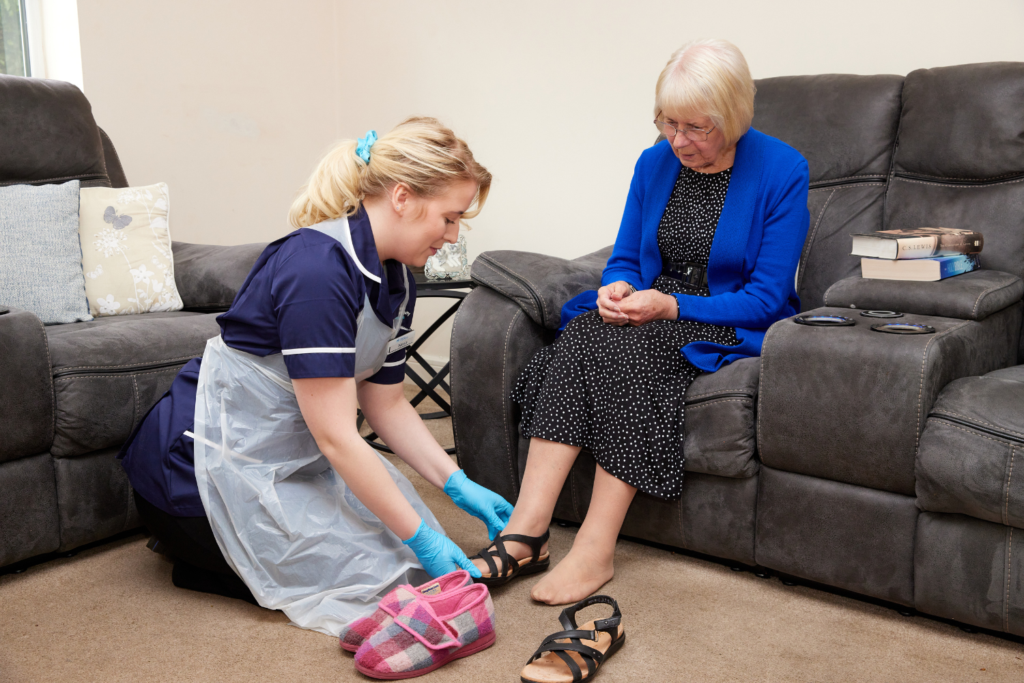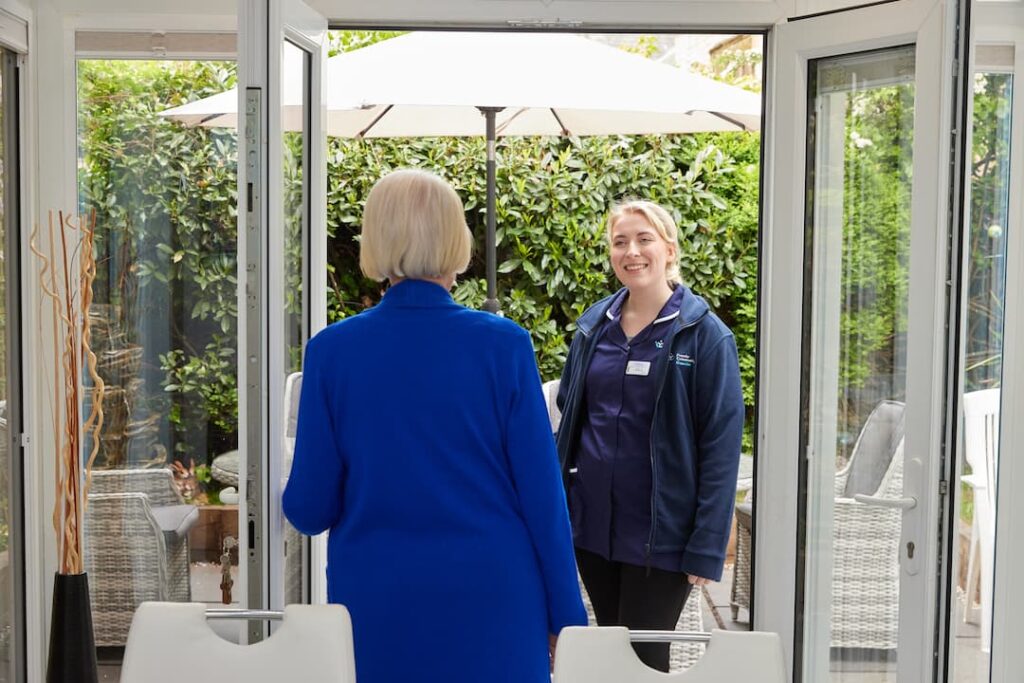As this week marks Loneliness Awareness Week, we want to take some time to spark up a conversation and shine a light on loneliness. loneliness doesn’t always look the way we expect, and it can affect anyone, especially our older loved ones.
Persistent loneliness can have a serious impact on both mental and physical health—linked to higher risks of depression, anxiety, cognitive decline, and even heart disease. Despite how common it is, loneliness is still surrounded by stigma, misunderstanding, and silence.
That’s why weeks like this matter. Loneliness Awareness Week is an opportunity to reach out, reflect, and reconnect. It reminds us that sometimes, the most powerful way to help someone is also the simplest: start a conversation.
Why Talking Matters
Loneliness thrives in silence. When someone feels isolated, even a small gesture—a phone call, a smile, a few words exchanged—can be the start of something meaningful. Conversations help people feel seen, heard, and valued. They can remind someone they matter, that they are not forgotten.
For older adults, especially those who live alone, have mobility issues, or are experiencing life changes such as bereavement or retirement, meaningful conversation can be life-affirming. A regular chat can become a highlight of the day, a connection to the world beyond their front door.
But we understand—it’s not always easy. Life gets busy. You may live far from your loved ones or worry about how to bring up sensitive topics. That’s why creating a culture where talking about loneliness is encouraged and normalised is so important. Whether you’re checking in with a neighbour or reaching out to a family member, know that your words could be a lifeline.
Recognising the Signs of Loneliness
Sometimes, people won’t say “I feel lonely”—but their actions might speak volumes. Here are a few signs that a loved one might be experiencing loneliness:
- Withdrawing from usual activities or hobbies
- Lack of interest in socialising or making plans
- Low mood, irritability, or restlessness
- Talking more often about the past or expressing a sense of purposelessness
- Noticeable changes in sleep, appetite, or energy
If you notice these changes, a gentle conversation can be the first step toward helping them feel more connected.
What You Can Do
Supporting someone who feels lonely doesn’t require grand gestures. Here are a few small but powerful ways to help:
- Make regular contact: Even a short weekly phone or video call can offer comfort and routine.
- Encourage activities: Support them in pursuing a hobby or joining a local group, even if it’s just online.
- Visit in person: Face-to-face time can lift spirits like nothing else. Even sitting together for a cup of tea can make a huge difference.
- Listen actively: Give your full attention when they speak. Sometimes, people just need to be heard.
And remember, if you’re struggling to find time, or you live too far away, you don’t have to do it alone.
How Our Companionship Care Can Help
At times, a bit of extra support can make all the difference. That’s where our Companionship Care service comes in.
Designed with empathy and connection at its heart, our service provides regular visits from kind, compassionate carers who are there to do more than just assist—they’re there to truly connect. Whether it’s sharing stories over a cup of tea, going for a walk, playing games, or simply sitting together in comfortable silence, our carers offer meaningful engagement that helps reduce feelings of isolation.
For older adults, having someone reliable to talk to and spend time with can be an essential part of staying mentally and emotionally stimulated. It supports their independence, dignity, and sense of purpose—all while giving peace of mind to their loved ones.
Loneliness doesn’t have to be a part of growing older. With the right care and conversations, connection is always possible.
Let’s Keep the Conversation Going
Loneliness Awareness Week is a timely reminder of the human need for connection. By reaching out, starting conversations, and being present in each other’s lives, we can all play a role in building a more connected, compassionate world.
If you’re concerned about a loved one—or if you’d like to know more about how our Companionship Care could help—please don’t hesitate to get in touch. Sometimes the first step to combating loneliness is just one conversation away.




